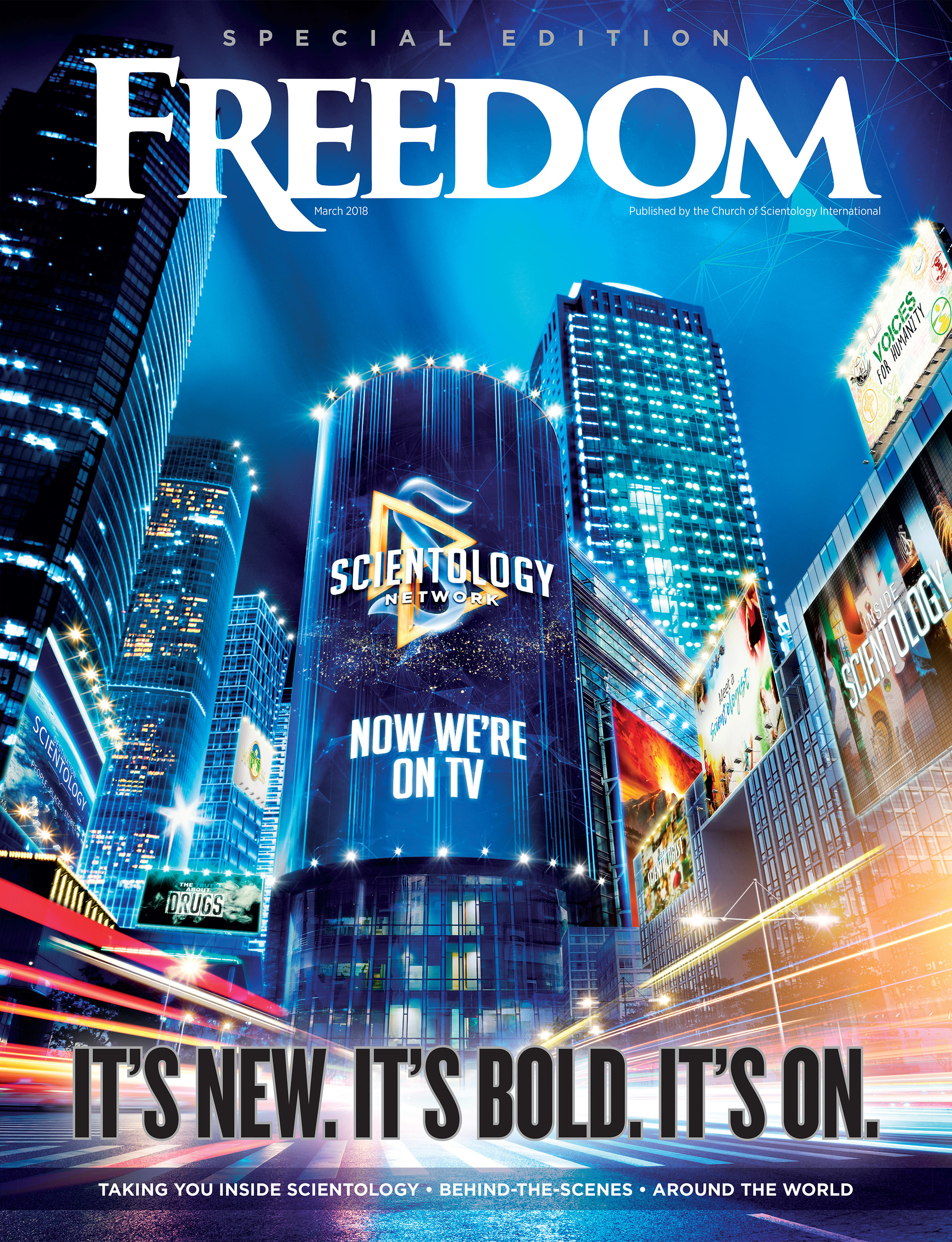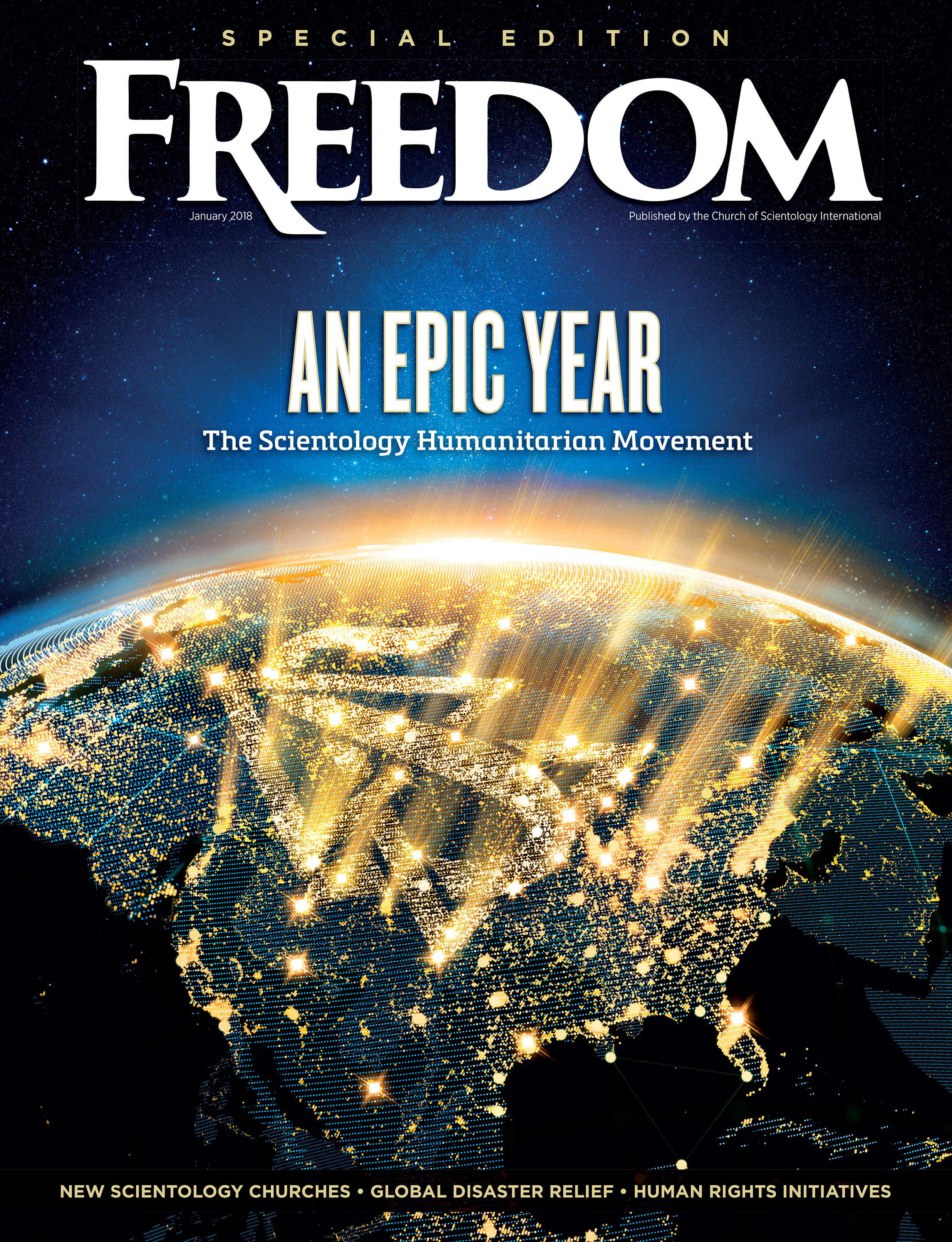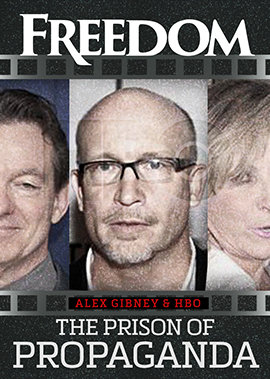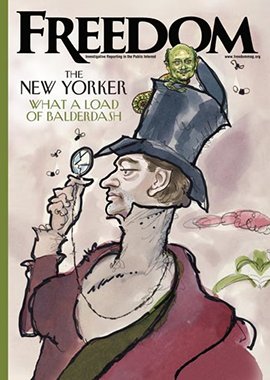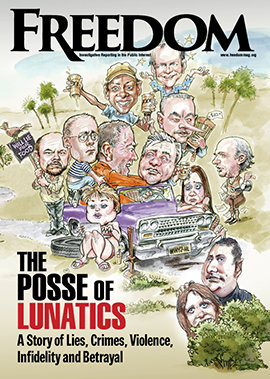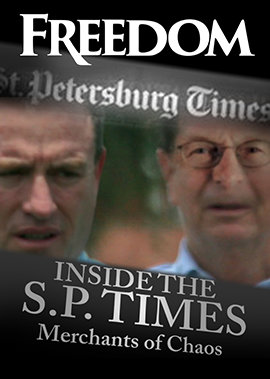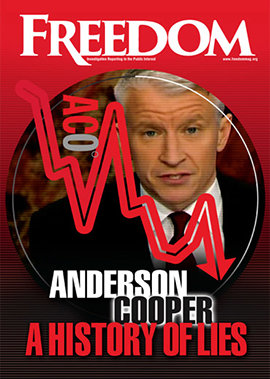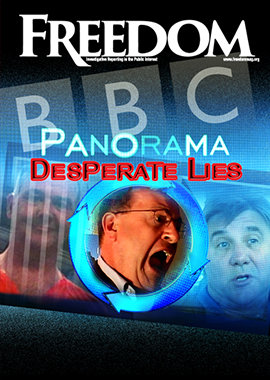It is a revolution of freedom of faith.
The first whiff of change came about with the appointment of a new chair of the Equal Employment Opportunity Commission (EEOC), Andrea Lucas, who stated that religious freedom in the workplace would be one of her office’s top priorities. (The EEOC is an independent federal government agency established by Title VII of the 1964 Civil Rights Act to ensure that all Americans have equal access to employment opportunities, free from discrimination.)
“Employees deserve not only equal opportunity, but also equal respect for their religious beliefs and practices.”
Then, with one further commissioner appointed, the previously idle EEOC—hamstrung by its lack of a full quorum—could now take votes, initiate enforcement actions, issue guidance, set up litigation priorities and shape future policy.
That policy is likely to involve halting anti-religious discrimination on the job and forcing employers to accommodate the practices of their religious employees—taking time off to observe religious holidays, praying in the workplace, discussing religion and displaying religious objects like crosses, mezuzahs and rosary beads.

“Now, with the wider latitude that the quorum brings, I look forward to advancing broader litigation priorities, as well as continuing our religious liberty work,” Lucas said.
You can’t get much plainer than that.
It appears the EEOC is no longer accepting that separation of Church and State means employees’ religious beliefs must be hidden as if they were something shameful or inappropriate.
The effects of that new approach are already visible.
In recent months, the EEOC sued Apple for not allowing a Jewish worker to take Sabbath days off; found the Department of Veterans Affairs liable for not granting a Muslim physician her requested afternoon off to pray; and forced Columbia University to pay a $21 million settlement—the largest public settlement in almost 20 years—over claims of antisemitism.
The Supreme Court found in Groff v. DeJoy that employers must accommodate workers’ religious practices unless they “would result in substantial increased costs” and cause hardship to business.
“The current [EEOC] is going to apply Groff to the widest extent possible,” said attorney D.J. O’Brien, “which means that the employer will have a much higher burden in showing that accommodating a religious expression request affects their business operation.”
“Religious liberty is a foundational American principle. These decisions remind federal employers that their employees deserve not only equal opportunity, but also equal respect for their religious beliefs and practices,” Lucas said.
Adding still more force to the religious freedom trend, the federal Office of Personnel Management (OPM) recently released a new guidance policy on the expression of religious principles in the workplace. Federal workers are now allowed to pray at work, alone or in groups, display religious items and discuss religion in the office.
“The federal workforce should be a welcoming place for federal employees who practice a religious faith,” said OPM Director Scott Kupor. “Allowing religious discrimination in the federal workplace violates the law. It also threatens to adversely impact recruitment and retention of highly qualified employees of faith.”
Get the message?
Employees, your religion doesn’t have to be hidden away in a dark closet anymore. You can pray, you can discuss, you can demonstrate, you can believe, and if your employer objects, well, the American government has your back.
Some days, there is just a great reason to shout, “Hallelujah!”—even, or especially, in the workplace.







